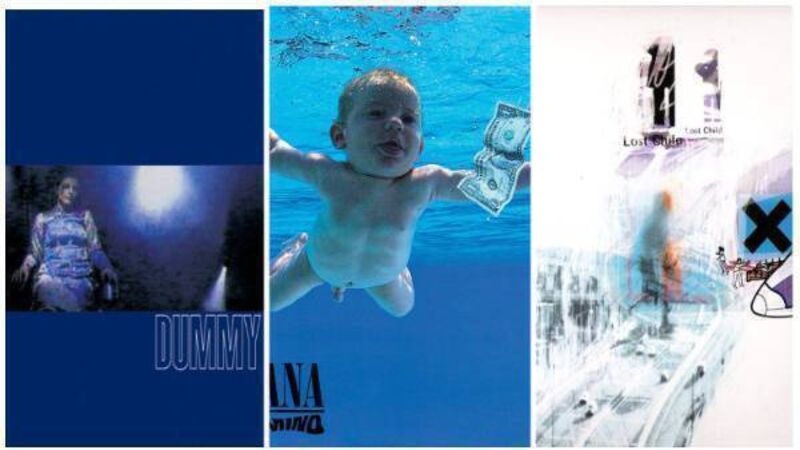Tom Dunne: Why the 1990s was the best decade for music, bar none

Portishead, Nirvana and Radiohead were among the artists who gave us incredible albums in the 1990s.
Hot takes: who doesn’t love them? As winter gets ever closer and a small group of people who live in a permanent state of either looking forward to Christmas or being sorry it’s over, become ever more agitated, I have this to keep you warm: The 1990s was the music decade.
The ’60s were magical, the ’70s both very good and very bad, the ’80s at times too close to a prolonged bad coming of age movie, but the’ 90s, oh my God! It is the decade where music as we know it came of age. It is the boss, the King, the supreme being of music.




